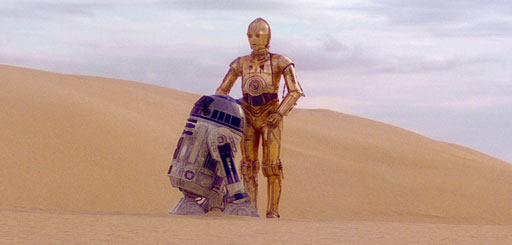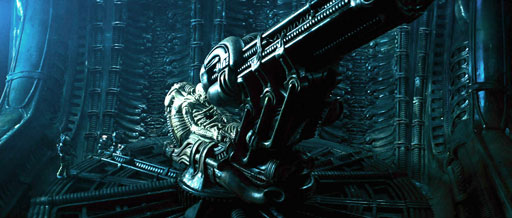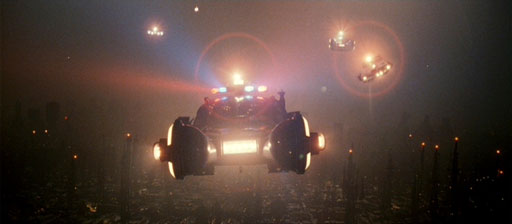Top Ten Visual Designs in Cinematic Science Fiction
Friday, December 13th, 2013 • Design / Movies
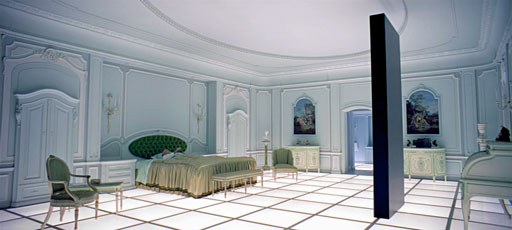
monolith
2001: A Space Odyssey (1968)

precognition interface
Minority Report (2002)
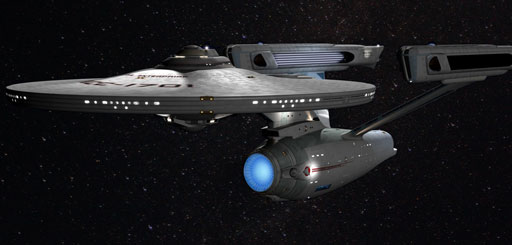
Enterprise
Star Trek The Motion Picture (1979)
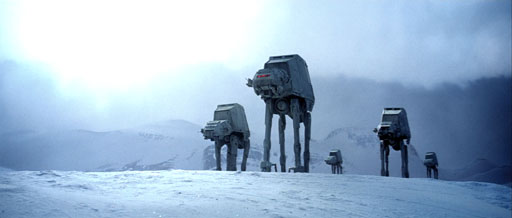
All-Terrain Armored Transport
The Empire Strikes Back (1980)
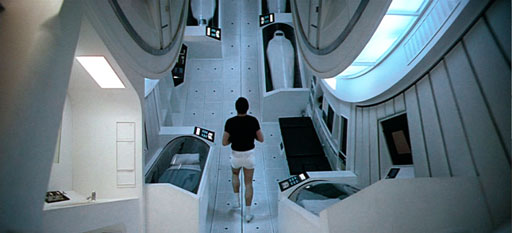
centrifuge
2001: A Space Odyssey (1968)
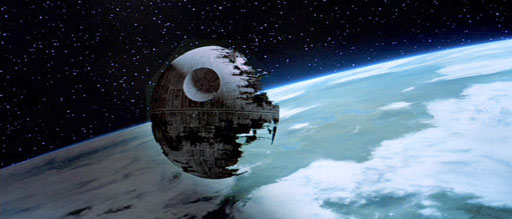
Death Star II
Return of the Jedi (1983)
![]()
Some interesting clustering of the years. Lots of fictitious machines. That may be why I’ll always prefer sci-fi design to fantasy; there’s something about the speculative precision of the imaginary technology that can evoke a far richer dreamworld than the simple escapism of Tolkienesque ornaments and runes; as with Surrealism (as opposed to pure Abstract Expressionism) the firm grounding in the observable known world provides the force of the imaginative leap. Both illustrator Ralph McQuarrie and “visual futurist” Syd Mead (who contributed major design work to Star Wars and Blade Runner respectively) had backgrounds in aerospace and automotive industrial engineering where they learned how to create elaborate, presumably human-built environments just past the boundaries of the possible. George Lucas has called McQuarrie the Star Wars MVP (he said that about John Williams, too, but Williams was post-facto—without McQuarrie’s stunning 1975 artwork—which impressed Alan Ladd Jr. and the rest of the 20th Century Fox board of directors—there never would have been a Star Wars at all).
